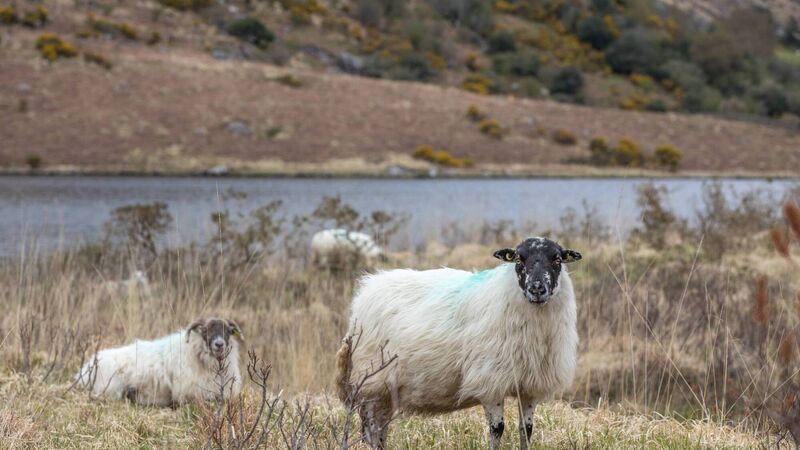Rural Ireland Thinks poll: Health, housing, and the cost of living remain key voter concerns

On the issue of climate, 43% feel the Government is doing enough to tackle climate change and 38% disagree, but only a quarter of people in rural Ireland feel that farmers contribute negatively to climate change. Picture: David Creedon
Given the controversy it has caused, the depth of the feeling, the measures taken, one would assume that immigration would be one of the pressing issues for voters.
But the /Ireland Thinks poll of rural Ireland suggests that while it is important, there are more pressing issues in the minds of rural voters.
















